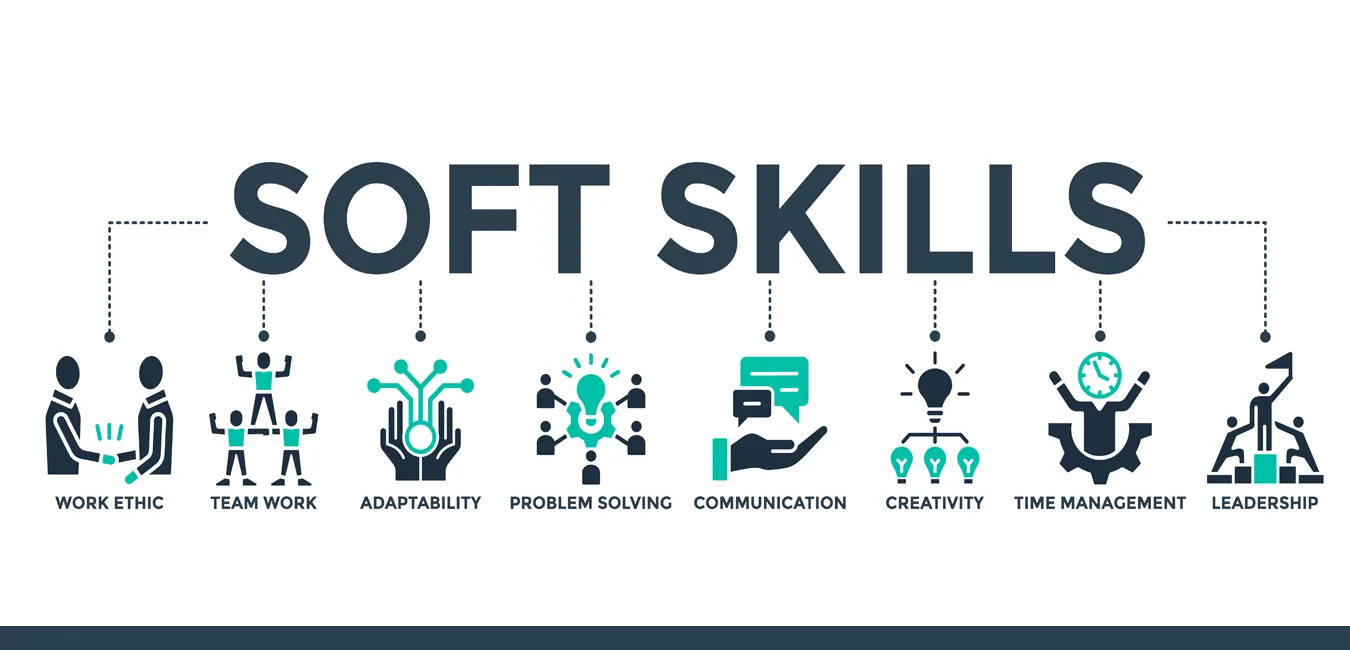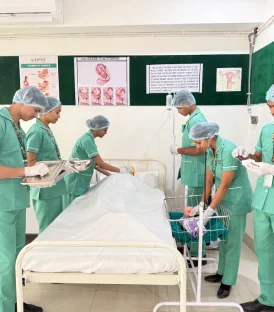November 10, 2025

The keystone principle of the hospitality industry is to provide guests with experiences that linger long after their stay. Although technical skills allow hotel professionals to complete their tasks efficiently and effectively, it is the soft skills that transform a routine service into an unforgettable experience. As we consider the realities of operating in a rapidly changing environment, success is not determined solely by how well we execute technical tasks, but also by how we communicate, face adversity, and connect with people.
As the hospitality sector evolves and becomes more competitive and service-oriented in its approach to both internal and external values, being proficient in technical skills as well as possessing emotional intelligence is now more important than ever. This blog post explores why soft skills are equally, if not more, important than technical skills especially in the hospitality profession.
Technical and Soft Skills in the Hospitality Industry
In hotel management course in Delhi NCR, technical skills refer to the precise and specialized knowledge required to perform specific tasks. Food production or service, housekeeping operations, front office management, accounting, and the use of hospitality software systems are some examples. These skills indicate efficiency, accuracy, and consistency in daily operational duties.
On the contrary, soft skills are interpersonal and behavioural abilities such as communication, teamwork, leadership, adaptability, and emotional intelligence. They reflect how people interact with guests and colleagues and determine the overall quality of service and reputation of the organization.
Benefits of Soft Skills in the Hospitality Industry
In addition to enhancing guest satisfaction, soft skills such as emotional intelligence, flexibility, teamwork, and problem-solving strengthen internal collaboration and workplace culture. These interpersonal abilities are not merely complementary to hospitality — they are essential to fostering trust, creating memorable experiences, and supporting long-term success in a people-centred industry.
Some of the key benefits of soft skills include:
1. Enhancing Guest Satisfaction:
In hospitality, every encounter with a guest matters. A guest may be satisfied with their stay when technical operations are executed well, but if the staff is not warm, attentive, or empathetic, the overall experience suffers. Hotel staff must possess soft skills like listening, patience, and problem-solving to understand guest needs, resolve issues quietly, and create an atmosphere that encourages repeat visits.
2. Building Effective Communication and Teamwork:
Hotels operate smoothly through constant coordination among departments such as front office, housekeeping, food and beverage, and maintenance. Effective communication and teamwork enable seamless information exchange, minimize errors, and maximize guest satisfaction. When employees communicate clearly and work cohesively, they create a harmonious and efficient workplace environment.
3. Adapting to Dynamic Industry Trends:
The hotel industry is in a constant state of evolution, shaped by emerging technologies, sustainability practices, and changing guest expectations. Professionals who remain curious, adaptable, and eager to learn are better equipped to respond to these changes and thrive in the industry.
Conclusion: Learn the Soft Skills Required for Your Career with DPMI
In today’s competitive hospitality sector, success depends not only on knowledge but also on the ability to connect, communicate, and perform under pressure. The key differentiators that elevate a person from good to great are soft skills such as effective communication, teamwork, leadership, and emotional intelligence — all essential for achieving service excellence.
At the DPMI the best institute of hotel management in Delhi students are trained in both technical and soft skills, preparing them to excel in real hospitality environments. DPMI emphasizes experiential learning through workshops, personality development programs, and industry-based training, ensuring that graduates emerge as well-rounded professionals capable of delivering excellence with empathy and confidence.
Also Read: Benefits of Starting Your Own Hospitality Institute in India

















